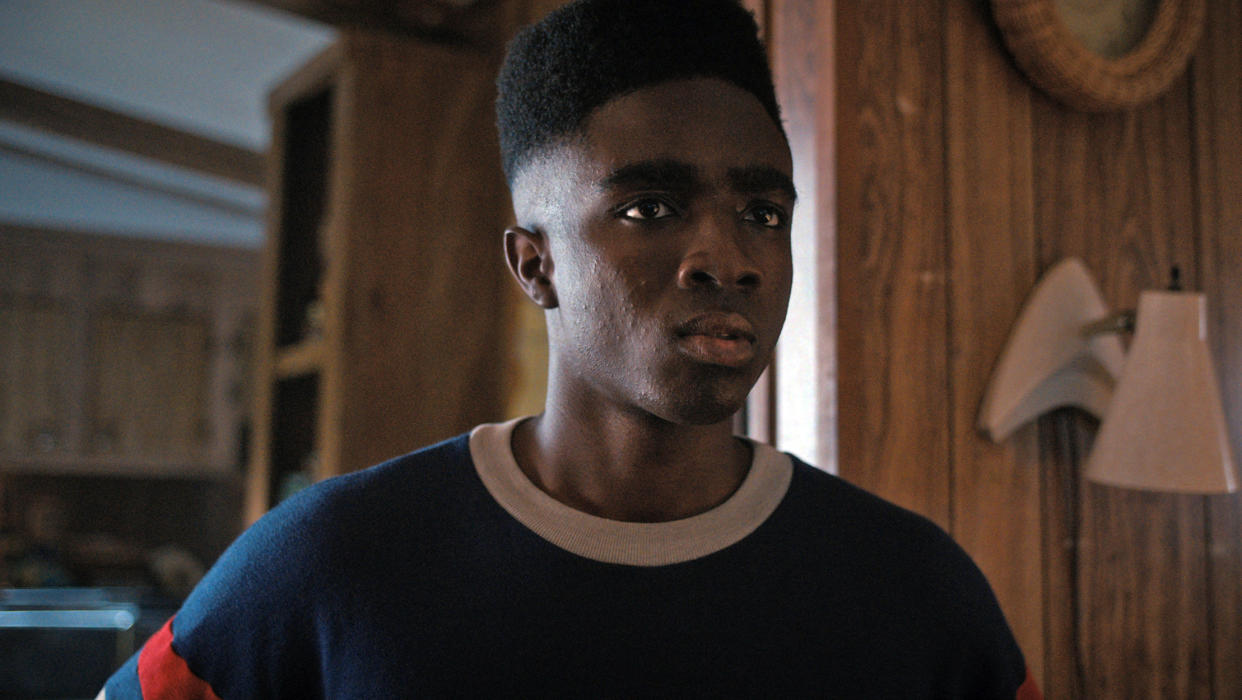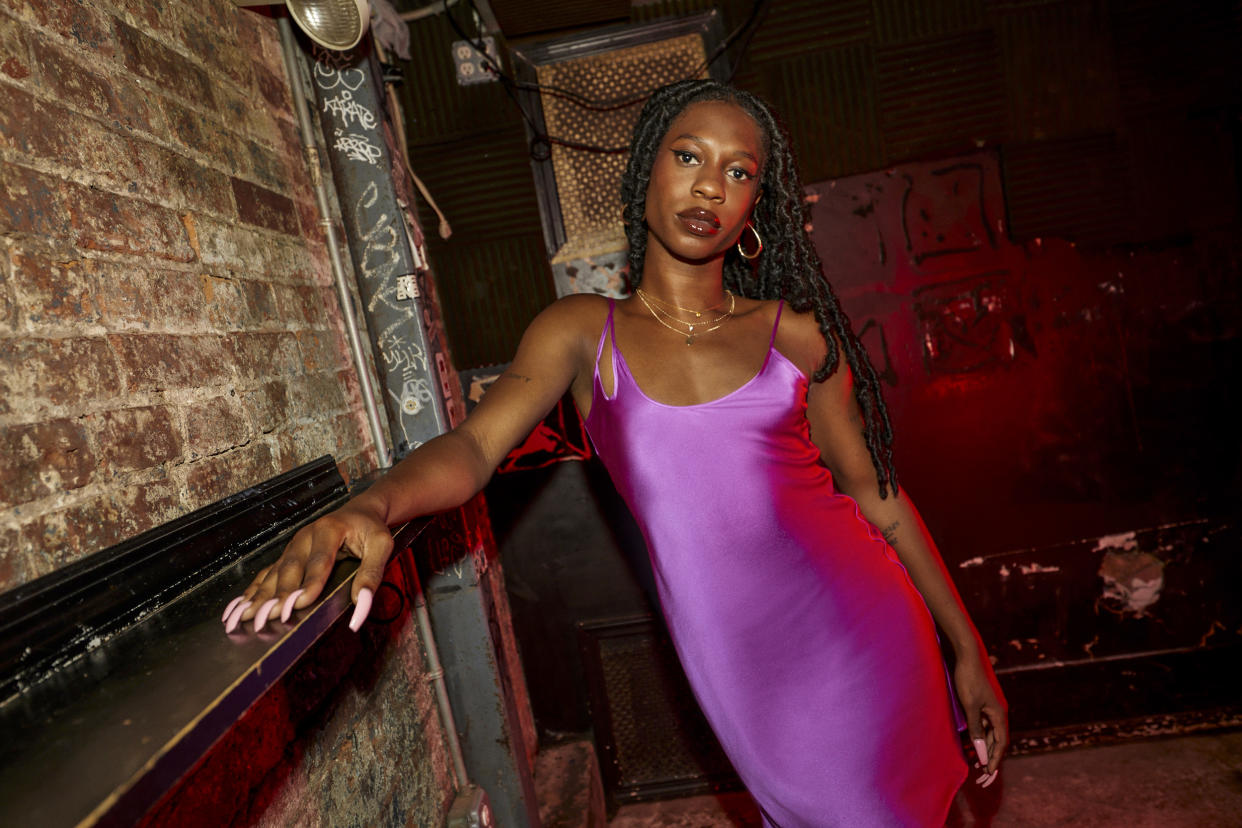Black actors speak out about racist fans: 'It’s a sad truth'
Sophia Wilson, a Black cast member on the Freeform show “The Come Up,” a docu-reality series about six Generation Z creatives navigating their careers in New York City, says she has received a wave of racist messaging online, including “really weird and creepy emails” since the show premiered last month.
While Wilson said she ignores the comments, it’s been taking a toll on her mental health.
“It’s been pretty hard to navigate,” Wilson said of the racist comments, adding that this was her TV debut. “I knew it was just going to get amplified, the more people that see me and hear me on their screens.”
Like Wilson, 22, other Black creatives in Hollywood have said that their newfound stardom has exposed them to a flood of racist harassment and abuse online. “Stranger Things” star Caleb McLaughlin, who plays Lucas Sinclair, opened up at Comic Con in Belgium last week about facing racism from fans. At earlier conventions, McLaughlin said some fans didn’t stand in his line for the cast meet-and-greet because he was Black. Later, McLaughlin’s parents told the young actor, “It’s a sad truth but it’s because you’re the Black child on the show.”

“Even now some people don’t follow me or don’t support me because I’m Black. Sometimes overseas you feel the racism, you feel the bigotry,” McLaughlin, 20, said. “Sometimes it’s hard to talk about and for people to understand, but when I was younger it definitely affected me a lot.”
McLauglin’s experience comes as other Black actors have spoken out in recent months about their experiences with racism from fans and racist taunts on social media. In September, Ismael Cruz Córdova, who is Afro Puerto Rican, and Sophia Nomvete, who is South African and Iranian, said they were bombarded with bigoted comments about their “Lord of the Rings: Rings of Power” roles; Córdova played Elven warrior Arondir, and Nomvete was Princess Disa, the first Black dwarf. Meanwhile in August, Steve Toussaint, who stars on the “Game of Thrones” prequel “House of the Dragon” as Lord Corlys Velaryon, said his casting in the series was “very hard for people to swallow.”
“[Fans] are happy with a dragon flying. They’re happy with white hair and violet-colored eyes, but a rich Black guy? That’s beyond the pale,” he said.
Mike Muse, a pop culture expert and host of “The Mike Muse Show” on SiriusXM, said Hollywood needs to provide more support for young Black actors facing racist abuse.
“It’s unfortunate that someone that talented and gifted has to feel their artistry doesn’t go before their identity,” Muse said. “It’s up to studio executives and producers and media executives to make sure they create safe spaces for individuals who are marginalized and are on the receiving end of racism and bigotry and to surround them with as many resources as possible.”
Muse called on media executives to have more conversations with talent about racist bullying.
“Listen to these individuals to make sure their complaints are being considered,” Muse said. “Make sure that those actors feel valued and feel like they are inherently and authentically a part of the team, a part of the cast.”
Muse added it’s important that cast members of color are not siloed during press runs, but are treated with the same respect and value as their white co-stars.
“Also, making sure that they have the ability to have equal billing when it comes to media opportunities to tell their stories about their character and about the show,” Muse said, adding that it is important that “the talent who are of color don’t just get pigeonholed to outlets that only service people of color, primarily, but they have opportunity to speak to people of color as well as other publications.”
“I think that is one of the ways that they can help ensure that these individuals are seen as a valued member of the cast and of the content that is being produced,” he said.
Wilson said she has used yoga and therapy, among other strategies, to cope with the bullying and negativity online. She also said executives were responsive to her concerns.
“This is obviously extremely new for me,” Wilson said. “Sticking with my family and friends and expressing how I feel to them has definitely helped me a lot.”

Her “Come Up” co-star Ebon Gore, a 24-year-old transgender woman from Brooklyn, said she has faced a similar battle with snide and racist remarks online. Gore said she is proud of McLaughlin for calling for more accountability in the entertainment industry.
“It’s about time we direct these questions to Hollywood,” she said. “When are things going to change? Or when are more people going to speak out about it?”
